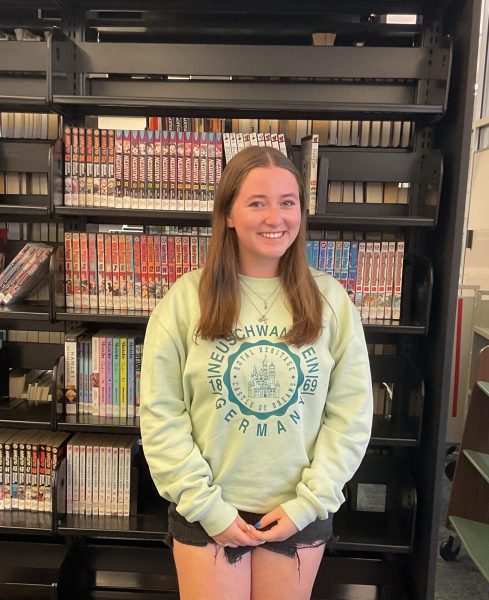Music is more than just a variety of beats and lyrics; it represents emotions, a mirror reflecting our thoughts, and sometimes, the thing that truly understands us when no one else does. Whether through one line or the entire song, music has a way of connecting with people on a deeper level. We turn to music so much in our lives–when celebrating, grieving, needing an escape or needing something to feel real. Why do we relate to music so deeply and how does music have the power to heal us?
The universal language of emotion
Music is one thing that can cross all barriers–language, culture, age and even time. A song written years ago can still impact someone’s life today because emotions do not change. Love, heartbreak, hope, fear and loneliness are all things every human has experienced or will experience at some point in life.
When we hear certain songs, they perfectly express what we are feeling, which can help us to feel understood. A lot of people find it hard to put their emotions into words, and artists put those feelings into words relating to their lives, occasionally coinciding with the listener’s life while they listen. That is why music is so powerful; it validates our emotions and reminds us that we are not alone.
Think about a time when you were feeling something intensely, whether it was joy, sadness, anger or pain, and think about a song that matches your emotions perfectly. Often, it may have seemed that a song appeared in your life at the exact moment that you needed it. That is why people turn to music; it helps them make sense of their emotions.
Music and memory
Music has a way of tying itself to specific moments in our lives. A certain song might take you back to a dance, a trip or even saying goodbye to something. According to the National Library of Medicine, “Music, memory and emotion.” This happens because, when we listen to music, the same part of our brain that stores memories and emotions also remembers the music. That is why hearing a familiar song can bring back memories that may have been forgotten. It is like stepping back into parts of your life, if only for a few minutes.
For some, this feeling is comforting, and, for others, it can be overwhelming. Songs can trigger the happiest memories in life, but they can also bring back painful memories that were blocked out. For people who have been through trauma, it can be both a tool for healing and a trigger. Some songs might remind them of their past, but others can act like a hug, reminding them that they are not alone. Every song can either bring back the past or help someone move forward.
Healing trauma
Trauma does not just involve memories; it is something that can forever linger in someone’s mind and body. It can make people feel disconnected, lost or completely alone, but music also has the power to lighten that weight, even for just a short time.
Trauma can often leave people silenced, unsure of how to talk about what they went through, or feeling like a burden if they do . Music provides a way to express emotions that otherwise would be left unsaid. Listening to music, playing an instrument and writing lyrics can give people a voice when they do not feel strong enough to speak physically. Even if they are not writing the words, just hearing songs can help process pain.
Music has a way of unlocking emotions that we did not even realize we were holding onto. It tells us it is safe to let go and release the pain, grief or frustration that we may have been carrying for too long.
Music can also be a form of therapy. It helps naturally process feelings. Instead of having to explain why they feel that way, listeners can simply feel, letting the music guide them.
When artists write about their own struggles–whether they be with heartbreak, mental health, or personal loss—listeners find comfort in knowing that someone else has felt the same way. Music creates connections, even between strangers.
Music as a companion
Music is there for every moment in your life: the happy moments, the sad moments, the angry moments. No matter what, there is something there to help. Music does not rush healing in people; it simply reminds us where we are. Music has the power to remind us who we are, who we used to be and who we can become.





























Donna Hall • Apr 3, 2025 at 2:40 pm
Where can I get a CD of this music? I love it very much. Donna Hall